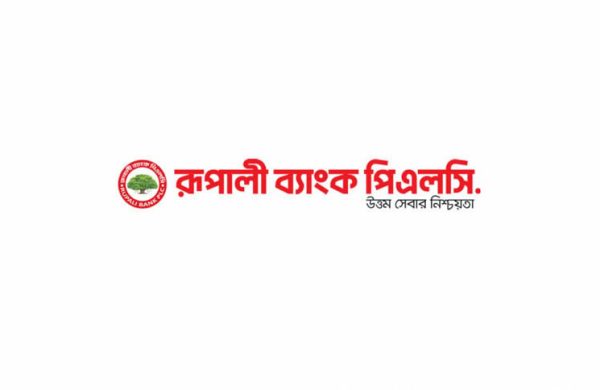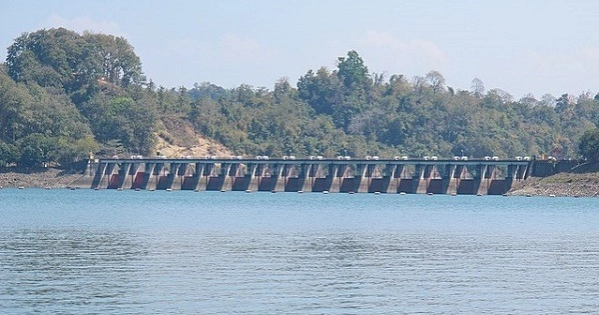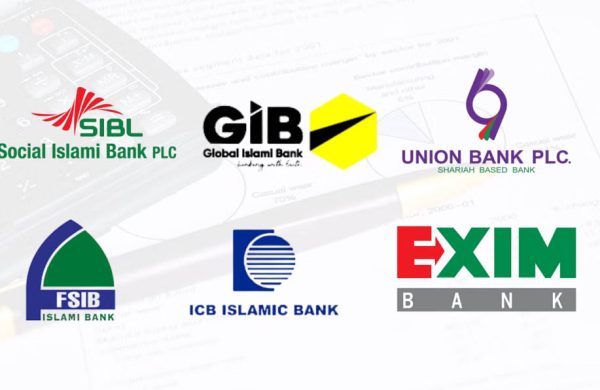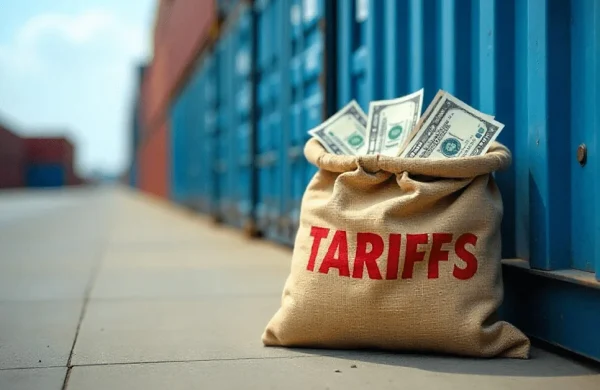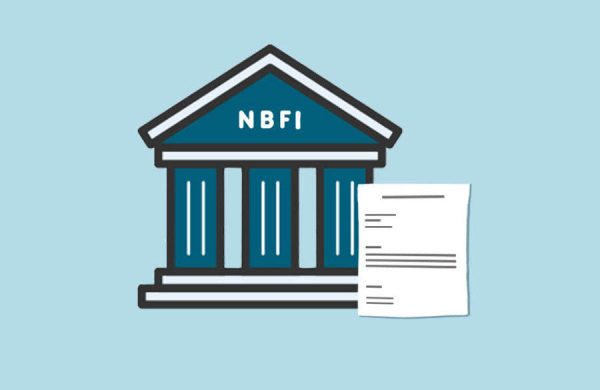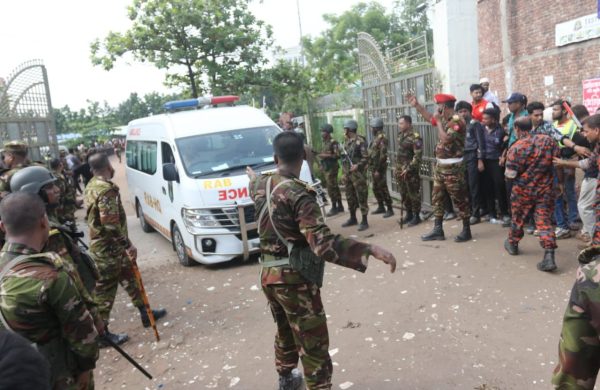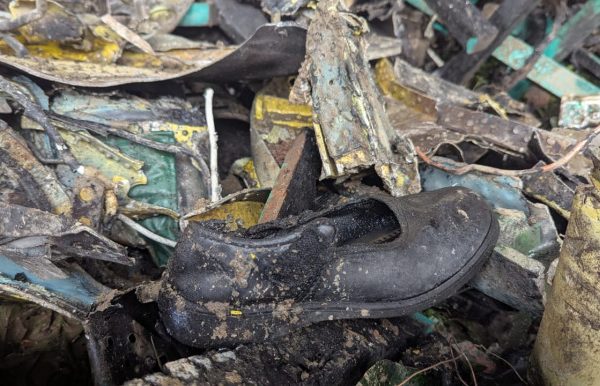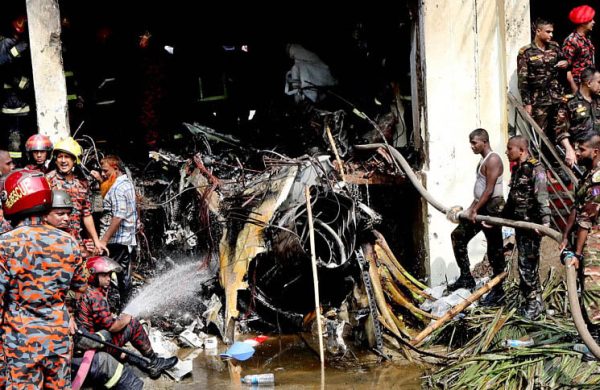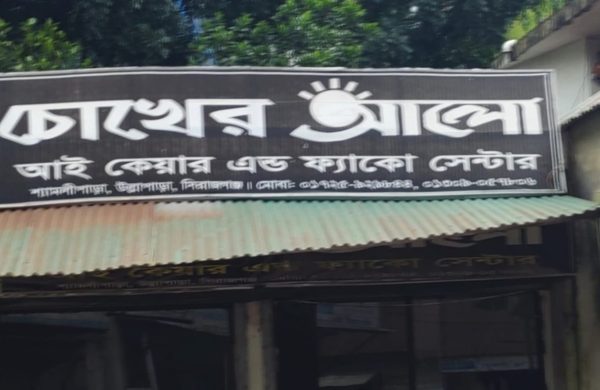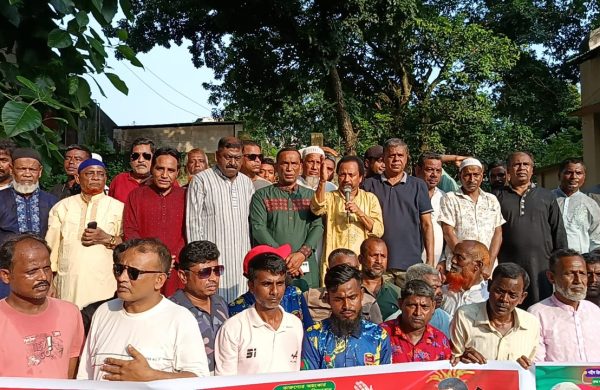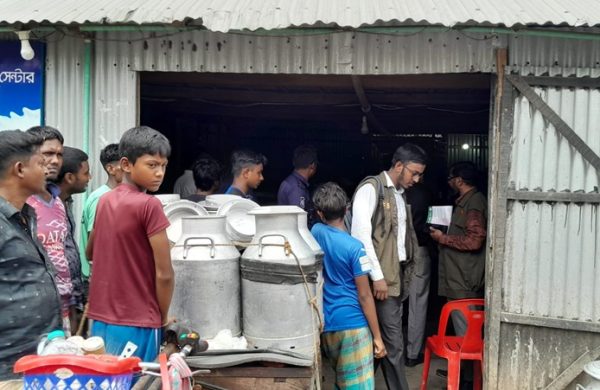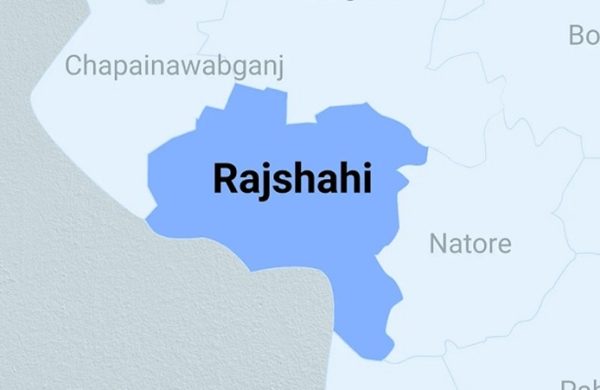Industrialists gripped by anxiety and uncertainty
- Update Time : Monday, July 21, 2025
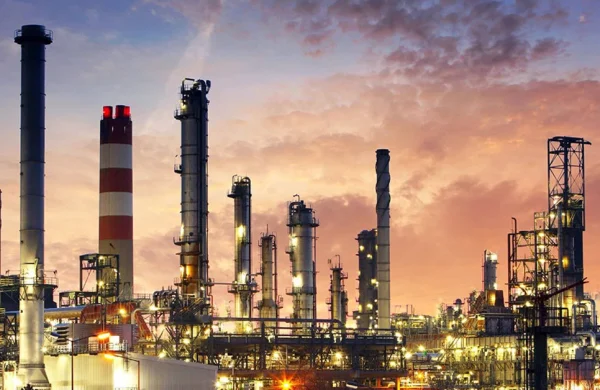
TDS Desk:
The crisis in the country’s industry and commerce shows no sign of abating. As a result, industrialists remain trapped in a cycle of anxiety and uncertainty. Economic instability, inflation, devaluation of the local currency, dollar shortages, and soaring commodity prices have significantly increased the cost of doing business. Additionally, political instability has eroded investor confidence, discouraging many from making new investments.
Dependence on imports and high interest rates from banks have emerged as major obstacles to business expansion. On top of these challenges, a new concern has arisen: starting August 1, the U.S. will impose a 35% Reciprocal Tariff on imports, which has alarmed local exporters.
There is fear that this, along with sluggish demand in the U.S. and Europe, could further hurt exports. Shortages in electricity, gas, and transportation are already disrupting production, keeping business and trade stuck in a vicious cycle.
Former Senior Vice President of FBCCI, Mostafa Azad Chowdhury Babu, told the media: “Since August 5 last year, law and order have not improved, creating a standstill in investment. Many factories have shut down, leaving hundreds of thousands unemployed.”
He further added: “Without improvement in law and order and the formation of a politically stable government, business and investment stability will not return. Without increased domestic investment, foreign investors will not come either.
Moreover, law and order have deteriorated drastically. Without restoring public safety and stopping mob justice, business confidence cannot be rebuilt.”
President of BGMEA, Mahmud Hasan Khan, told reporters: “Due to the wait for a political government and delayed elections, there has been no new investment in the garment sector in the past year. While some factories closed during this period, others have restarted operations.”
He noted that gas and power shortages, along with high interest rates on bank loans, have forced many factories to shut down.
Ashikur Rahman Tuhin, Managing Director of Trade Group and former BGMEA director, remarked: “August and September are traditionally slow months for global garment demand. The new 35% U.S. tariff has alarmed American buyers, some of whom are now suspending or delaying orders. This has left local exporters in a state of uncertainty.”
He added: “Investment is slowing down, and no new capital is being injected.”
CAPITAL MACHINERY IMPORTS DROP BY 19.6%
According to Bangladesh Bank data, imports of capital machinery dropped by 19.6% in the first 11 months (July–May) of the last fiscal year. This data is part of the central bank’s updated Balance of Payments (BoP) statistics.
Experts said that political uncertainty is deterring entrepreneurs from investing, reflected in the reduced import of capital goods. This, in turn, has decreased overall demand for dollars, contributing to a drop in the dollar’s value.
Bangladesh Bank reports that capital machinery worth $2.622 billion was imported between July and May of the last fiscal year, compared to $3.259 billion during the same period a year earlier — a drop of 19.6%.
Meanwhile, private sector credit growth has remained below 8% for the past seven months. As of May, growth was 7.17%, down from 7.50% in April. The last time growth exceeded 8% was in October (8.30%).
BUSINESS CONFIDENCE SHAKEN AMID HIGH INTEREST RATES
Private sector businesses are struggling. Bank loans remain their primary source of funding, but interest rates are high. The capital market — another possible funding source — is also underperforming. Bankers and businessmen alike cite high interest rates as a major reason for declining private credit flow. Currently, banks are offering loans at rates between 14% to 16%.
For over two and a half years, inflation has remained above 9%, prompting the central bank to adopt a contractionary monetary policy, pushing interest rates higher.
While depositors may benefit slightly from higher interest, it is causing new crises for both banks and businesses. Banks, despite offering higher returns, are failing to attract sufficient deposits. At the same time, the private sector is facing a credit crunch.
In response, on July 15, the Bangladesh Bank announced a reduction in the policy interest rate, aiming to boost liquidity and credit flow. The repo rate was lowered from 8.5% to 8.0%, signaling a shift toward an expansionary monetary stance.
However, business leaders said that the move has yet to produce meaningful results.
PROPOSED SOLUTIONS FROM BUSINESS LEADERS
When asked about possible solutions, former BTMA director and President of the Narsingdi Chamber of Commerce and Industry, Rashidul Hasan Rintu, said: “Political consensus is essential for improving the business environment. Additionally, reforms in the banking sector, greater transparency, fairer interest rates, and easier access to loans for small entrepreneurs are urgently needed.”
He also suggested that to attract foreign investment, the government must enhance facilities in Export Processing Zones (EPZs) and Special Economic Zones (SEZs). He recommended diversifying exports beyond ready-made garments to sectors such as information technology, agricultural processing, and pharmaceuticals.


